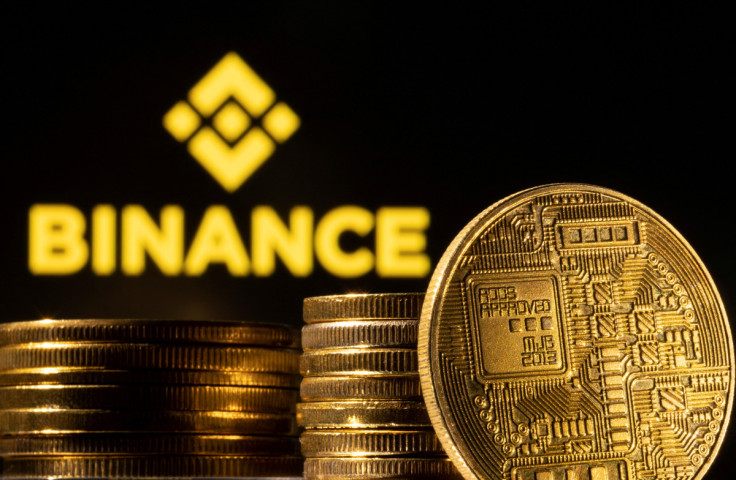Dubai Hands Full Operating License To Binance, Allowing Retail And Qualified Institutional Offerings

KEY POINTS
- Binance can now offer services to retailers as well as qualified institutional investors
- VARA reportedly handed the license after CZ ceded his voting rights on Binance FZE
- Binance's Teng said the report regarding CZ giving up his voting rights was 'pure speculation'
Cryptocurrency exchange behemoth Binance has secured a virtual asset service provider (VASP) license in Dubai, a key United Arab Emirates (UAE) city, the crypto firm announced Thursday.
"This milestone allows us to extend our services to the retail market alongside qualified and institutional investors," the company said in a statement following the reception of its VASP license from Dubai's Virtual Assets Regulatory Authority (VARA).
#Binance is proud to have received a Virtual Asset Service Provider (VASP) licence from Dubai’s Virtual Assets Regulatory Authority (VARA).
— Binance (@binance) April 18, 2024
This milestone allows us to extend our services to the retail market alongside qualified and institutional investors.
Read more ⤵️
Under the license, Binance FZE, the exchange's Dubai-based unit, can now offer margin trading products for qualified users and staking products – this goes beyond the crypto giant's current services of spot trading and other fiat services.
Binance's announcement came a few hours after Bloomberg reported that the company received its VASP license after former CEO and co-founder Changpeng Zhao gave up his voting rights on Binance FZE.
According to the report, which cited people familiar with the matter, stripping Zhao of his voting power was VARA's final requirement before granting the operating license. The Dubai regulator didn't want any issues related to Binance's legal woes in the U.S., as per the report.
VARA only reviewed Binance FZE's proposed Dubai product offerings after Zhao agreed to cede voting rights, the report added. Binance CEO called the report "pure speculation."
"That's pure speculation. Again, we don't comment on media speculation ... our relationship, our dealings with regulators are confidential," Binance CEO Richard Teng told Cointelegraph.
Zhao is scheduled for sentencing on April 30 after he pled guilty to violating the Bank Secrecy Act as part of his settlement agreement with the U.S. Department of Justice (DOJ), which also included his resignation as Binance CEO.
He is out on a $175 million bond and has been prohibited from leaving the U.S. "Binance and Zhao's willful violations of anti-money laundering and sanctions laws threatened the U.S. financial system and our national security," said Nicole M. Argentieri, Acting Assistant Attorney General of the DOJ's Criminal Division, at the time of the settlement.
Despite Binance's win in Dubai, the crypto titan continues to face legal woes in other countries, most recently in Nigeria, following the detainment of two of its executives against their will.
Late in February, Central Bank of Nigeria (CBN) governor Olayemi Cardoso accused the exchange of funneling $26 billion "from sources and users who we cannot adequately identify." Binance was also accused of manipulating the Nigerian naira and pushing it "to ground zero."
Please sign this petition and share it widely to #BringTigranHome!https://t.co/9rploFqdtK
— Binance (@binance) April 4, 2024
Tigran Gambaryan, Binance's head of financial crime remains in Nigerian custody, while Nadeem Anjarwalla, the exchange's regional manager for Africa, has "escaped" to Kenya, but the Nigerian government said it was working to extradite him.
© Copyright IBTimes 2024. All rights reserved.



















